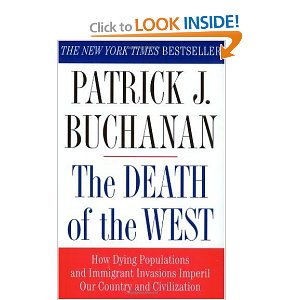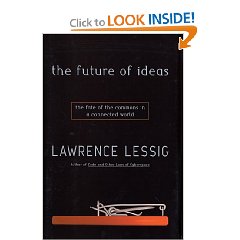
Greg Palast
![]() Let Freedom Ring–Truths the Corporate Thieves Can't Hide
Let Freedom Ring–Truths the Corporate Thieves Can't Hide
May 29, 2002
The most distressing aspect of this book, written by an American expatriate publishing largely through newspapers in the United Kingdom, is that all of this information should have been published in U.S. newspapers in time to make a difference–to inform the voting public–but was not. One can only speculate how corrupt our media have become–how beholden to their owners and advertisers–if we cannot get front page coverage of the Florida government's disenfranchisement of over 50,000 predominantly black and democratic voters, prior to the presidential election; or of the raw attacks on our best interests by the International Monetary Fund, the World Trade Organization, and others linked in a “trigger” network where taking money from one demands all sorts of poverty-inducing and wealth theft conditions.
Even more timely are his stories about the current Administration continuing a practice of the former Administration, spiking, curtailing, forbidding intelligence investigations into Saudi Arabian government funding of bin Laden's terrorism as well as Pakistani production of the “Islamic” atomic bomb.
His exposes of corporate misdeeds, some criminal, some simply unethical, all costing the U.S. taxpayer dearly, are shocking, in part because of their sleaziness, in part because our own newspapers do not dare to fulfill their role as envisioned by the Founding Fathers, of informing and educating the people of this Nation upon which the government depends for both its revenue and its legitimacy.
Although I take this book with a grain of salt (wondering, for example, why he did not ensure that Gore's campaign had all that he could offer in time to challenge the vote disenfranchisement as part of the Supreme Court case), there is enough here, in very forthright and sensible terms, to give one hope that investigative journalism might yet play a role in protecting democracy and the future of the Republic.










